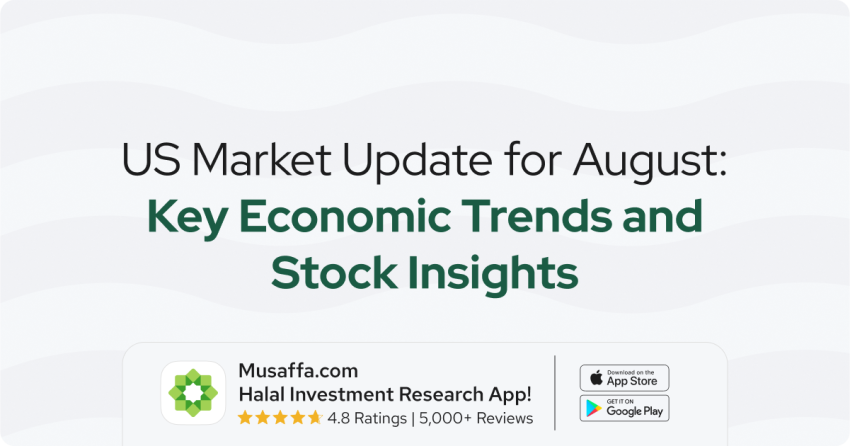Written by Haider Saleem
Financial and Political Analyst | LinkedIn / X
1. A Historic Shift in UK-EU Relations
In May 2025, the United Kingdom and European Union agreed to what many are calling the most significant development in their relationship since Brexit.
Four years after the original Trade and Cooperation Agreement (TCA) - the 2021 framework that governs UK-EU post-Brexit trade - came into effect, both sides signed a new, three-part “reset” deal that covers food and agricultural exports, energy cooperation, defence, and youth mobility schemes.
UK Prime Minister Keir Starmer hailed the agreement as a “win-win,” claiming it secures the best market access for any non-EU or EFTA country without breaching manifesto red lines[4]. European Commission President Ursula von der Leyen called it a “new chapter” in UK-EU cooperation[4].
2. What’s in the Deal?
The agreement includes:
a) Sanitary and Phytosanitary (SPS) alignment:
- A veterinary deal to reduce post-Brexit red tape for food and plant exports. SPS rules refer to health and safety standards for food and agriculture. This particularly benefits the UK’s £14bn agrifood sector[1].
b) Electricity market reintegration:
- Plans to reconnect the UK with the EU’s internal energy market, expected to reduce electricity costs and support renewable energy projects in the North Sea[1].
c) Defence cooperation:
- New institutional channels for UK-EU security dialogue, including potential access to the EU’s €150bn SAFE defence fund - a programme supporting defence innovation and arms procurement across Europe[4].
d) Steel safeguards:
- A bespoke arrangement protecting UK steel exports from new EU tariffs, reportedly saving the industry £25 million per year[4].
e) Fisheries concession:
- The UK agreed to extend EU fishing rights in British waters for 12 years in return for veterinary concessions[1].
3. Mild Economic Upside - But Brexit's Costs Remain
Starmer claimed the reset deal could add £9bn annually to the UK economy by 2040. But experts caution this is modest compared to the Office for Budget Responsibility's projection of a 4% long-term GDP hit from Brexit[1].
Capital Economics estimates the GDP gain from the reset will be just 0.3% by 2040 - more of a limited boost than a transformational shift[1]. Nonetheless, the direction matters. As one analyst put it, “The deal won’t reverse Brexit, but it chips away at the rough edges.”
Markets appeared cautiously optimistic. The FTSE 100 - a stock index tracking the UK’s 100 largest companies - rose to a seven-week high following the announcement, led by exporters and food sector stocks that expect reduced frictions[2].

Start Your Halal Stock Screening Journey
New to halal investing? Musaffa makes it easy to screen stocks, check Shariah compliance, and purify your portfolio — all in one place. Make informed, ethical decisions every step of the way.
4. Sector Watch: Areas to Monitor for Halal Investors
While this article does not offer halal certification or fatwas, the following sectors may benefit from the deal:
- Agrifood Exporters: Easier compliance and lower costs could increase sales to the EU. This includes meat, dairy, and processed foods.
- Renewable Energy: Rejoining the EU electricity market improves the business case for wind and hydro projects in the North Sea.
- Defence: UK firms could access funding via the EU’s SAFE programme. However, investors should assess such companies carefully, as defence activities may raise ethical concerns.
- Logistics and Transportation: Reduced paperwork and delays could aid logistics providers operating between the UK and EU.
Investors may wish to use halal screening tools or consult experts to assess specific companies within these industries.
Suggested Chart: UK-EU agrifood export volumes: 2019–2025 (drop and projected rebound)
5. The Bigger Picture: A Balancing Act Between the US, EU, and China
This reset is just one part of the UK’s evolving global strategy. In recent months, Britain has also:
- Finalised a trade pact with India
- Secured tariff relief from the US
- Warmed ties with China to attract investment while limiting sensitive tech exports[3]
But this balancing act carries risks. Some warn that the UK is becoming a “satellite state” - a country heavily influenced by the strategic interests of 1another - within the US security orbit, which may strain EU or Chinese relations in the long run[3].
Britain’s approach to trade and diplomacy in this fragmented world has made it a test case - and potentially a model - for mid-sized economies looking to remain competitive without bloc membership.
Suggested Chart: UK trade share by bloc (US, EU, China) and direction of travel
6. Conclusion: A Modest Step, but a Meaningful Signal
For Muslim investors worldwide, the UK-EU deal shows the UK is reopening channels with the EU in practical areas like food, power, and security.
As regulatory frictions ease, the environment may become more stable for businesses and investors operating across borders.
That said, investors should continue to apply halal compliance tools and consider the underlying business models of any company they invest in. Staying informed on developments like this may help in identifying opportunities aligned with personal values.
References:
1. Financial Times – What the post-Brexit reset deal means for the UK, 19 May 2025.
2. Reuters – FTSE 100 ends at seven-week high as UK-EU strike most significant deal since Brexit, 19 May 202.
3. Reuters – With US and EU deals, Britain embarks on high-risk balancing act, 20 May 2025.
4. Chartered Institute of Export & International Trade – Starmer and von der Leyen hail ‘new era’ as UK-EU agree ‘historic’ deals on food exports, defence and steel, 19 May 2025.

Disclaimer: The content is for informational purposes only and does not constitute legal, investment or financial advice.
It is important to conduct your own research or consult with a financial or investment advisor. Past performance is not indicative of future results. All logos or brands are referenced for identification purposes only and do not constitute an endorsement of any kind. This information is accurate as of the date of publication and may not reflect recent changes. Access our comprehensive legal disclaimers at https://musaffa.com/disclaimer.








